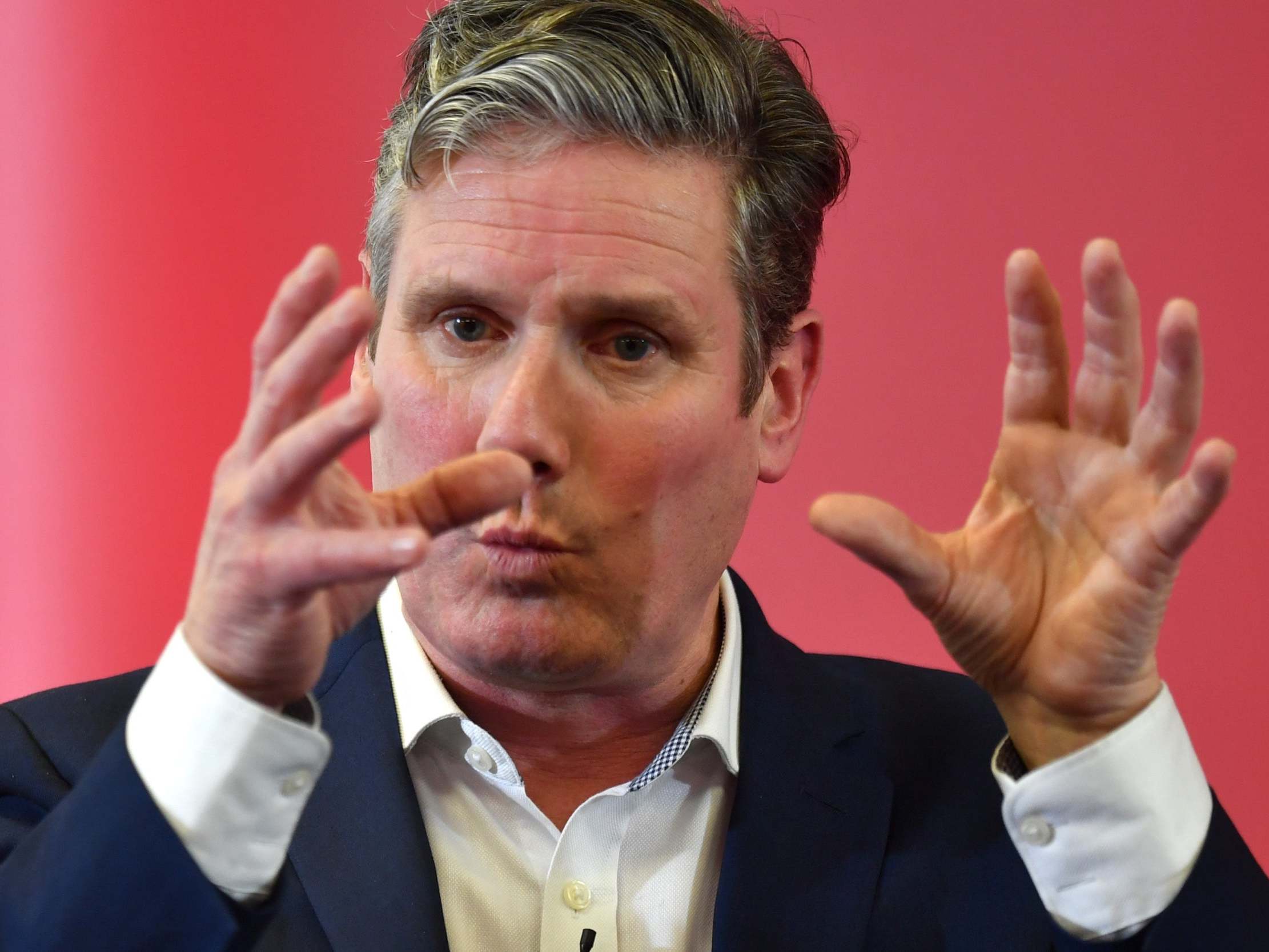What happens after today’s deadline for MP nominations for Labour leader?
The candidates still have to overcome a series of demanding tests, writes John Rentoul


The first stage of the Labour leadership election ends today at 2.30pm, by which time candidates need to secure 22 nominations from MPs and MEPs to move to the next round of the contest.
So far four candidates are already through to the next stage: Keir Starmer, Rebecca Long-Bailey, Lisa Nandy and Jess Phillips. Emily Thornberry confidently declared yesterday that she will get the nominations, although last night she had only 10, while Clive Lewis, with four nominations, admitted that it was going to be difficult for him to get through.
Even if Thornberry and Lewis do win enough nominations to stay in the race, they will find the next stage even harder. Those candidates who have enough MP and MEP nominations then have until 14 February to secure additional nominations from trade unions and other groups affiliated to the Labour Party or from local Labour parties. In order to get on the ballot paper that will go to members and supporters for the final vote, candidates need either a minimum level of support from affiliated organisations, or 33 nominations from local Labour parties.
These are both demanding tests. To qualify with nominations from affiliates, a candidate needs the support of three organisations, two of which must be trade unions, which together account for 5 per cent of affiliated membership. In practice, that means a candidate needs the support of one big union. Starmer already has the backing of Unison, the biggest union, so he will have no problem in getting his name on the ballot paper.
The alternative route to the ballot paper is to secure nominations from 33 local parties (that is, 5 per cent of the total), which requires a lot of organisation on the ground. While Starmer and Long-Bailey would find it easy to pick up nominations, they don’t need to because they will qualify by the affiliates route. Long-Bailey is expected to pick up the nomination of Unite, the second largest union, led by Len McCluskey; and Nandy may also qualify that way, as she is rumoured to be supported by the GMB, the third largest union.
But it will be harder for candidates without big union backing to secure enough nominations from local parties because each party will decide its single nomination by a vote which the less-favoured candidates will struggle to win. Meanwhile the race for the deputy leadership will also provide some drama, as it is rumoured that Jeremy Corbyn and John McDonnell are trying to rally support to get Richard Burgon, the shadow justice secretary, on to the ballot paper – the same rules for qualifying apply to the deputy leader contest.
And the next important deadline is next Monday, 20 January, at 5pm, when the shutters come down on applications to join the Labour Party in order to be able to vote in leadership and deputy leadership elections, the results of which will be announced at a special conference on Saturday 4 April.
Join our commenting forum
Join thought-provoking conversations, follow other Independent readers and see their replies
Comments